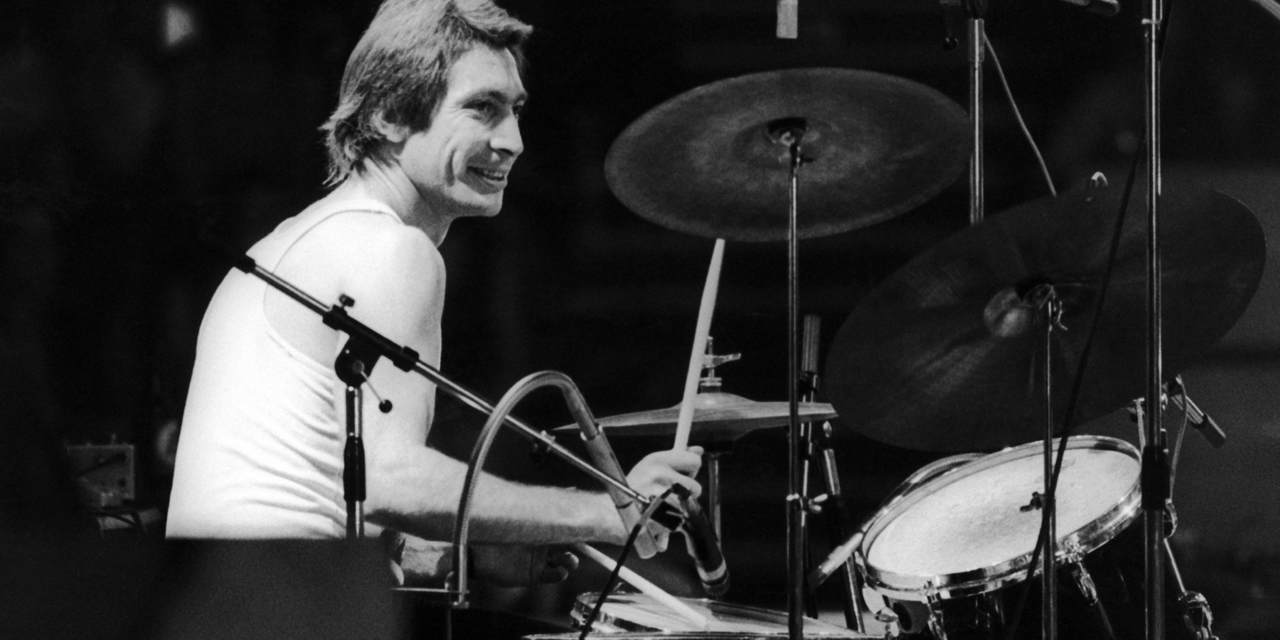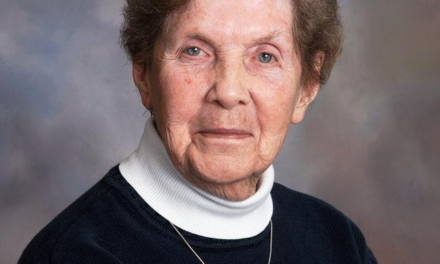Vinnie Damiri ’23, Staff Writer
Source: Getty Images
Rhythm is the most important aspect of any rock music. Hundreds and thousands of singers, guitarists, and their fans may argue in disagreement with this, but it doesn’t make it any less true. A singer can’t lead a stadium in an anthem as iconic as “(I Can’t Get No) Satisfaction”, nor guitarist charge through a riff as potent as “Jumping Jack Flash” without the drummer to be the groove that gets the band and the audience on their feet and in the music. With band mates as iconic as Mick Jagger and Keith Richards, Charlie Watts wasn’t the most famous Rolling Stone, but it’s utterly impossible to think of what their catalog and image would be without him.
It’s impossible to imagine what modern music might be like without the influence of the Stones, and the Stones themselves are not the Rolling Stones without Charlie Watts. Think of some of their most iconic hits. “Get Off My Cloud”, “Under my Thumb”, and specifically “Sympathy for the Devil” are three songs all written during the Stones prime in the 60s that no other drummer could have done full justice to. Not many other drummers could so easily shift from aggressiveness, to controlled restraint groove, to laid back samba rhythms all the while keeping things interesting and not over playing.
The drummer’s job is a taxing one, and it’s taken its toll on many people. Some of Watts’ most famous contemporaries such as Keith Moon and John Bonham played to their limits in the 70s, ending tragically as both physically deteriorated slowly until they were taken by separate drug and alcohol abuse scenarios. The world has seen a trend over the past few years of losing some of the most legendary drummers music has ever seen. While Charlie Watts may not have had the chops of fellow recently deceased drummers such as Ginger Baker or Neil Peart, his overall impact meets and in some ways surpasses the other greats.
Unlike some of his drumming contemporaries and fellow band members, Watts was never the flamboyant, show-off rockstar type that you typically saw during the 70s. While everyone else was indulging in hard drugs and infidelitous behavior with groupies, Watts was a relatively clean man who remained ever faithful to his wife on tour. On stage he was the cool, calm, balance that complimented the hard antics of Jagger and Richards prancing around like mad men.
In early August 2021, after 58 years of playing every possible show with the Stones, it was announced that Watts would be temporarily replaced for their upcoming United State’s tour. He was having some medical issues at the time and felt it best to leave it to a younger drummer such as Steve Jordan for the time being. At eighty years old, Watts never committed to being entirely done playing the drums. A remarkable feat considering how insanely physically demanding the drums are, even for young men in their 20s. Watts’ resolve to be in on the tour wasn’t diminished whatsoever, as it was planned for him to come along to every show and to join the band on stage, even if only for a brief moment to greet the audience. Charlie Watts passed away, peacefully, surrounded by his loved ones, on August 24th, 2021.
The weight of this news sent ripples through the music world. Countless tributes and such have been performed and observed by contemporaries, and future generations of musicians. The Rolling Stones tour has gone on as planned, with a significant amount of music being dedicated to the Stones’ fallen brother. It’s been 51 years since the Rolling Stones lost a core member of the band, when Brian Jones’ untimely passing made him one of the first members of the 27 club in 1969. A comforting image of these two seeing one another again is attached below.
Source: Rocks Off





